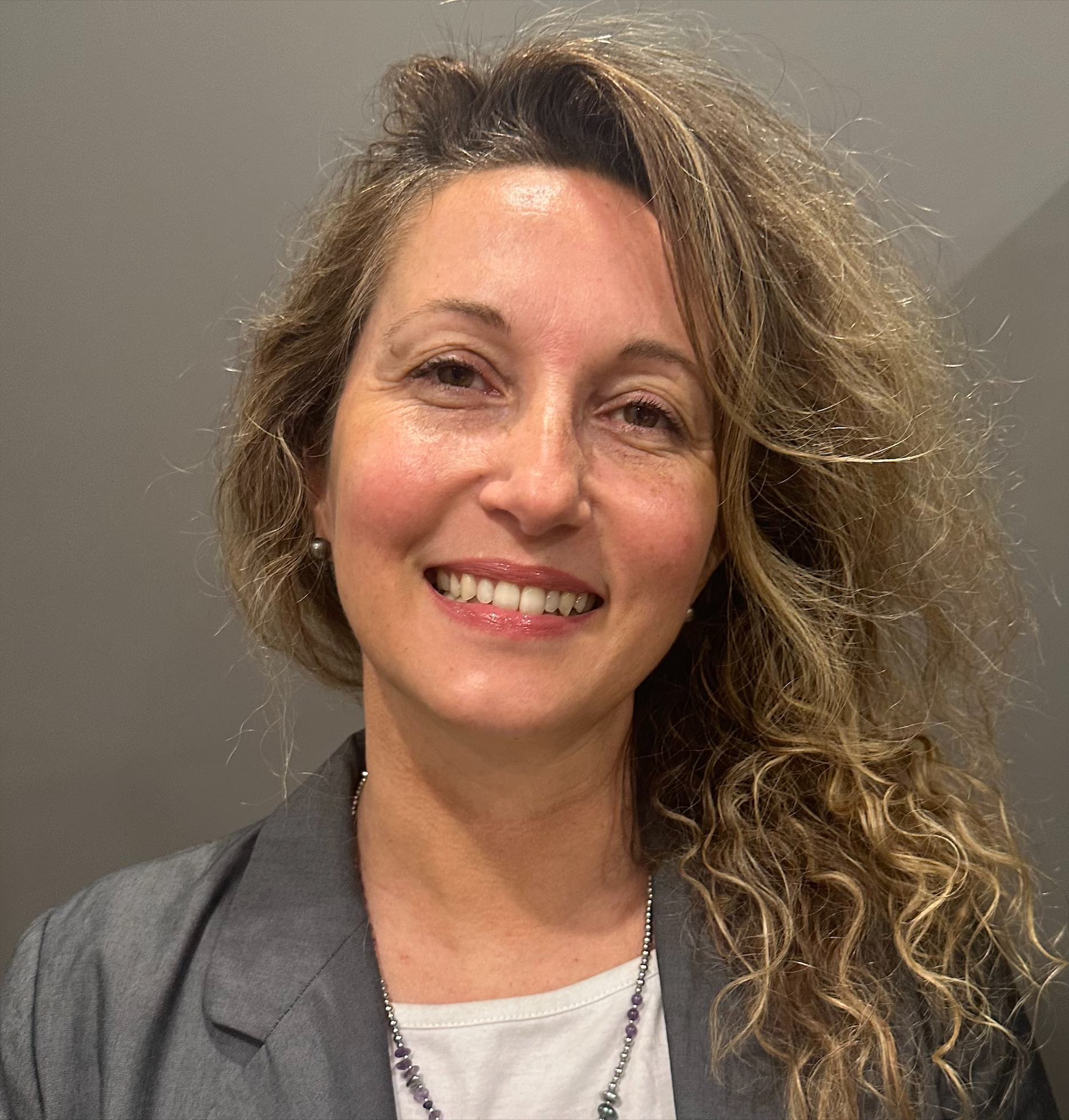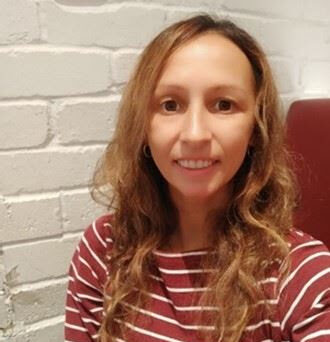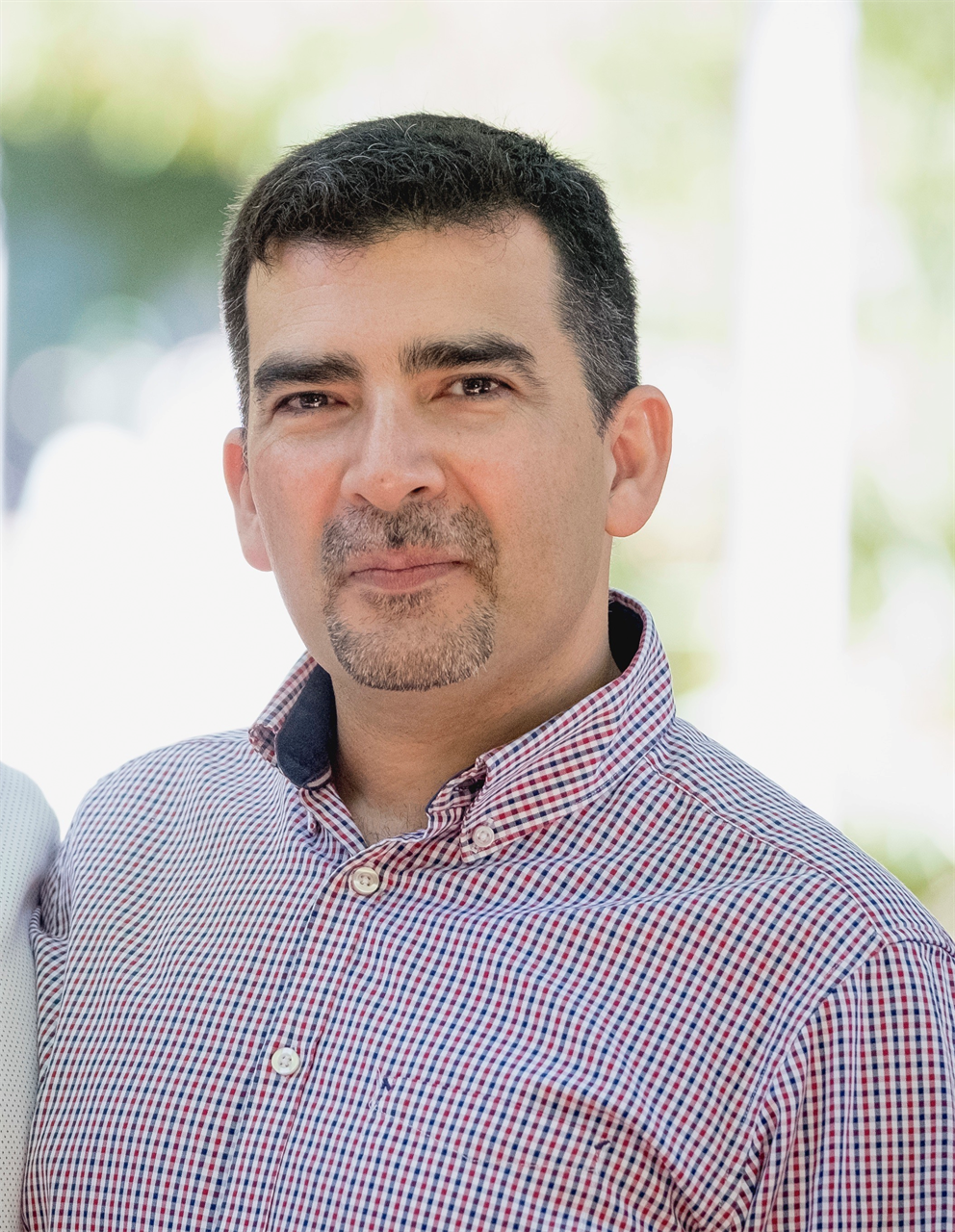Dear Colleagues,
Thank you for reaching out with your encouragement after each newsletter. I really appreciate it!
Remuneration and sustainability
As we await the results of the survey conducted by the Department of Home Affairs into the sustainability of the language services sector, I present you with a survey on remuneration that I’ve put together. I thank the many individuals who have given feedback on the draft.
I want to know what we are being paid for our work, and what we consider fair pay. This is extremely important as we discuss whether there should be an industry award: what level is considered acceptable. So please fill out this anonymous remuneration survey! The link is here.
New committees – the Liaison Committee
I am pleased to announce that the new Liaison Committee has now been constituted. This committee will keep up with information coming from sister organisations such as FIT, AALITRA, WAITI, NZSTI and so on, and filter relevant information to the National Council and other committees. The members of the Liaison Committee are:

Adolfo Gentile, BA, DipTertEd, MEdAdmin. PhD, FIIT
I have a long involvement in the field of translation and interpreting. I’m currently a director of NAATI and an honorary adviser to FIT (the International Federation of Translators). During my career I was the Head of the School of Languages, Interpreting and Translating at Deakin University; the Chair of NAATI and the President of FIT. My current research interests are translation policy and translation education. I’m a NAATI Certified Advanced Translator (English<>Italian) and a Fellow of AUSIT.

Emma Yeung
I am currently studying at UNSW and while I’m fairly new in the industry, I believe it’s crucial to stay curious and keep an open mind to new ideas. My passion lies in cats, learning languages and caring for the community.

Karine Bachelier
Coming from a multicultural family, I have a strong interest in peoples, cultures and helping people connect through language. I hold an MA in T&I studies (UNSW) and an MRes (Macquarie University). I’ve worked overseas as a conference interpreter, have developed workflows and trainings to support the community of practitioners, sit on the NAATI panel of French examiners, and am the current Chair of AUSIT’s Victorian Branch.

Kim Houillon
I live on the beautiful Sunshine Coast and I am now a full-time French-to-English and English-to-French translator after several years working in the books and library science industry.
New committees – the Students Committee
I am pleased to announce that the new Students Committee has now been constituted. The aim of this committee is to represent the interests of AUSIT members who are still undergoing studies and propose PD and other activities of their interest. This committee will also provide guidance on issues that concern students, to be taken up by other committees such as mentorship, PD, Education, etc. The members of the Students Committee will be introduced in the August newsletter.
Interpreting in courts and tribunals – have you asked for the hearing loop?
The use of a hearing loop (pictured) in court and tribunal interpreting is an accessibility issue, you can perform better as an interpreter if you are not straining to hear what is going on. I am interested to hear from interpreters who have asked for a hearing loop, but received a difficult or obstructive response from the court or tribunal administration. Please write to me here.

Remember to report good and not-so-good experiences of interpreting in court and tribunals on the interpreter feedback form. Please also forward the link to colleagues and let them know that they don’t need to be AUSIT members to participate.
Open letter from T/I Silvia Martínez
AUSIT NSW Committee member Silvia Martínez has taken time out from a particularly busy period as member of the Executive Committee that is organising the 36th AUSIT National Conference to write an open letter to stakeholders on a topic which she considers too important to ignore: the increasing use of phone interpreting services to support hearings that are otherwise held onsite in courtrooms. Please take the time to read Silvia’s message, attached as an annexe at the end of this email.
Thank you, AUSIT supporters!
It takes a lot of effort to carry out AUSIT’s work. It also takes resources. I wish to pay tribute to the government organisations and public and private LSPs that have been helping AUSIT achieve so much for the benefit of Australian T/Is and their clients since I became President in November 2022:
Starting with the 36th National Conference sponsors:
Ruby sponsor | |
| |
| |
| |
| |
| |
| |
| |
| |
| |
| |
| |
| |
| |
| |
| |
| |
| |
| |
| |
| |
| |
| |
|
During this time, the only way I’ve been able to take the Linguists and the Law seminar to so many places around the country has been through the kind support of the following sponsors:
17 February – Melbourne | |
| |
| |
18 March – Hobart | |
| |
| |
17 May – Adelaide | |
| |
| |
1 August – Melbourne | |
| |
| |
24 August – Brisbane 17 October – Perth |
It goes without saying that as National President, just like the many other AUSIT volunteers, I donate my time and expertise to AUSIT when I undertake these activities. The reason AUSIT needs sponsors is that AUSIT funds are not used to pay for travel and accommodation expenses. The Linguists and the Law seminar series has coincided with a presentation I’ve given at local law societies, in order to raise awareness about the Recommended National Standards. Practitioners, please remember the names of these organisations and businesses, they support AUSIT and they support YOU!
AUSIT National Conference sponsorship closes on Monday, 21 August 2023!
If your organisation wishes to sponsor AUSIT’s Linguists and the Law events in Brisbane (24 August) and/or Perth (17 October), please get in touch with me here.
Advertise in In Touch magazine
Do you wish for your product/services to be seen by translators and interpreters both in Australia and beyond? Advertise in our award-winning quarterly magazine, check out our rates here, and to find out more or to book a slot please email our Communications Officer.
History of AUSIT
AUSIT is 36 years old this year. Over time it has grown and changed a great deal, and we want to preserve its history for future reference. If you have served in AUSIT in some capacity and you still have documents from that time, please get in touch with me by email here. We are investigating ways to accession and archive these documents, and also the testimonies of AUSIT’s pioneers. You should hear more about this later in the year.
AUSIT Translation Comp 2023: ** deadlines extended **
The deadlines for both entrants and assessors have been extended to 6 August (11.59 pm AEST), so if you translate in any of the following languages, there’s still a chance to participate (links below)!
Arabic/ Chinese / French / Japanese / Korean / Spanish
For more details and to participate, click here.
Why volunteer to be an assessor? (see above)
Being an AUSIT Translation Competition assessor can be rewarding and beneficial for several reasons:
- Expertise recognition: Serving as an assessor highlights your expertise and knowledge in the field of translation. It acknowledges your skills and experience, which can enhance your professional reputation.
- Sharpening your own skills: Assessing translations requires careful analysis and evaluation, which can further refine your own translation abilities as well as broaden your perspectives by being exposed to different approaches and styles.
- Networking: You get to connect and work along with other translation professionals, which can lead to knowledge sharing and opportunities for further collaboration.
- Professional solidarity. Assessing translations allows you to give back to the translation community by sharing your insights and knowledge. Similarly, knowing that your feedback and guidance may have made a positive impact can be personally fulfilling and rewarding.
Moreover, as a token of gratitude for their work and contribution to the profession, assessors will be entitled to register in two half-day AUSIT webinars free of charge. Click here to volunteer.
Other AUSIT matters
I was very pleased to chat with Fatih Karakas of All Graduates’ Conversations podcast. We talked about what we are doing in AUSIT and discussed topics such as certification of LSPs, the 36th National Conference, and other ongoing AUSIT projects. You can listen to the conversation here.
AUSIT PD & EVENTS
36th AUSIT National Conference

The Conference Organising Committee reports that AUSIT, ASLIA, NZSTI and FIT members, as well as other T&I stakeholders from around Australia and NZ, are signing up fast to what looks likely to be AUSIT’s largest ever National Conference.
And attendees will have plenty of thought-provoking presentations and workshops to choose from in November, as the Organising Committee is currently sorting through an impressive number of abstracts (more than 35, on a wide variety of topics) and proposals that have been submitted.
There is still time to send an abstract (no need to register for the conference, that is a different process) just create an account and upload the abstract here.
All keynote speakers have been confirmed, as have the speakers at the Roundtable:Interpreting in Courts and Tribunals, and those at the other roundtables are in the process of being confirmed. You can read about the Keynotes Speakers and Jill Blewett Memorial Lecture, roundtables and other items on the agenda here.
And don’t forget that half the benefit of attending in conference lies in the networking that happens at social events such as the Welcome Cocktail and Gala Dinner, as well as through chance meetings between sessions and during lunch and refreshment breaks!
Register for the Conference, Welcome Cocktail and Gala Dinner here.
- AUSIT NAT: Meet and Greet for Russian Translators and Interpreters – 29 August 2023.
- AUSIT NAT: Demand and Control Schema to Support Ethical Decision Making –28 August 2023.
- AUSIT QLD Branch: Linguists and the Law: A practical seminar for QLD T/I practitioners – 24 August 2023.
- AUSIT ACT Branch: Meaning-based Translating & Interpreting (Pt 4) (grammatical level) – 23 August 2013.
- AUSIT NAT: Meet and Greet for Greek Translators and Interpreters – 21 August 2023.
- AUSIT NAT: Cultural Competence and Ethical Considerations in Healthcare Interpreting — Practical Scenarios – 19 August 2023.
- AUSIT TAS Branch: A Virtual Meet & Greet for Members – 15 August 2023.
- AUSIT NAT: Meet and Greet for French Translators and Interpreters – 15 August 2023.
- AUSIT NAT: Meet and Greet for Spanish Translators and Interpreters – 14 August 2023.
- AUSIT WA Branch: Real or Not? How Forensic Document Examiners Work – 10 August 2023.
- AUSIT NAT: NAT Presents Lost In Translation: LGBTIQ+ Inclusion and Safety Training for Translators and Interpreters – 7 August 2023.
- AUSIT TAS Branch: Tasmania Launceston Members: Social Meet and Greet – 5 August 2023.
- AUSIT VIC Branch: Introduction to CAT tools – 5 August 2023.
- AUSIT VIC Branch: It’s up to practitioners to shape the industry – how are we doing? – 1 August 2023.
CLICK ON THE BUTTON below for more information and the registration links:
EXTERNAL PD & EVENTS
All information below is provided by external organisations. Please register and direct any enquiries to the relevant contact outlined in each announcement, rather than to AUSIT.
This workshop aims to provide interpreters with knowledge, skills and strategies for how to best manage the flow of the communication when required. Learners will apply interaction management strategies in simulated scenarios. They will also have an opportunity to share experiences and ask questions about managing interaction in complex settings.
When: 14 August 2023, 2–5 pm cost: $150
Click here for more information and to register.
Following on from the success of last year’s aged care seminar, NAATI, All Graduates, and the Association for Culturally Appropriate Services (AfCAS) are back this year to bring you ‘ Access to respectful aged care for migrant and Aboriginal seniors’.
This hybrid event aims to give attendees a better understanding of the aged care sector, how to provide quality care, how to access language services and hear firsthand experiences from ethnic and Aboriginal aged care service providers.
When: 24 August, 8–10:30 am AWST / 10am – 12:30 pm AEST
Where: online / in person at 544 William St, Mt Lawley WA
Cost: $25 (non-members/non NAATI-credentialed/not All Grad employees) / $20 (AfCAS members/NAATI-credentialed/All Grad employees) / $10 (students)
Click here to register: Seminar Registration Survey
Click here to view and share the event flyer: Access to respectful aged care for migrant & Aboriginal seniors Event Flyer
For all enquiries please contact: Mary Gurgone.
BRiTA Futures is an innovative program to support the emotional process of migration. There are three versions of this program, for Primary School, Adolescent, and Adults and Parents. Since 2010, QTMHC has trained facilitators who facilitated the program to diverse communities of Queensland. Evaluation of the program shows that participants see it as a safe place where connections can be created, where they can better understand culture and acculturation and where they build skills. The main topics discussed in the different sessions are: health and well-being, the migratory process, cultural strengths, resiliency, social connections, communication skills, evolving roles, and inter-generational relationships. It allows participants to share with others and learn from each other’s ideas and experiences.
Further 2023 monthly trainings are planned for:
BRiTA Futures for Adults
29 and 30 August
25 and 26 September
29 and 30 November
BRiTA Futures for Adolescent:
23 and 24 October
Training will be held at Queensland Transcultural Mental Health Centre (QTMHC)
Woolloongabba Community Health Centre
Level 2, 228 Logan Road
For more information call +61 7 3317 1234 or email.
Register here.
NZSTI Conference 2023

When: 16–17 September 2023
Where: Christchurch, Aotearoa NZ
Theme: Overcoming Challenges ● Creating Harmony
Click here for more information and to register.
CALLS FOR PROPOSALS
Translation Culture of the GDR (conference), University of Graz, Austria
19–21 October 2023
Contact: hanna.blum@uni-graz.
3rd International Congress of Language and Translation Studies (e-conference), Selcuk University. Konya, Türkiye
2-3 November 2023
Nothing Happened: Translation Studies before James Holmes (conference), University College London, UK, 9-10 November 2023
Ritradurre la letteratura per ragazzi (conference), University of Trento, Italy
5-7 December 2023
Translation Studies and Digital Humanities (conference), The Chinese University of Hong Kong, China
8-9 December 2023
Translation in Society (journal), special issue on Round Trips Wanted! Travelling Concepts between Translation Studies and the Social Sciences, and beyond, 2025
Feminist Translation Studies (journal), inaugural issue, Vol. 1, 2024
SKASE Journal of Translation and Interpretation (journal), special issue on Translation and Interpreting for Smaller Languages, Vol. 16(2), 2023
Call for Content 2023
Gala Global
Indarra: la fuerza de la traducción y la interpretación (conference), Asociación Ibérica de Estudios de Traducción e Interpretación, University of the Basque Country, Vitoria, Spain
29–31 May 2024
TTR Turns 35 – Redefining Translation? Historical Fluctuations, New Practices, and Epistemologies in the Making (conference), Montreal, Quebec, Canada
10–13 June 2024
Langages (journal) special issue on Intelligence artificielle, analyse de corpus et diversité linguistique, Vol. 237(1), 2025
CALLS FOR PARTICIPANTS
Multicultural Framework Review

The Australian Federal Government is conducting a Multicultural Framework Review (the Review). The Government plays a critical role in supporting our inclusive and cohesive multicultural society, and ensuring we continue to enjoy its social and economic benefits. The Review will help ensure a government that works for multicultural Australia.
You can make a submission here.
Submissions close at 5 pm AEDT on Friday, 29 September 2023. If you have further questions, please contact the Review’s Secretariat here.

FIT Legal Translation Standing Committee Practitioner Survey
FIT-ITF is carrying out a survey of interpreters that work in courts and tribunals around the globe. Please fill out the survey here.

What do you need to know before interpreting for the family of a child who is deaf?
We are looking for interpreters to complete a 5 to 10-minute survey about what they need to know before interpreting for the families of young children with hearing loss in health and education settings. This study is aimed at interpreters who work between spoken languages, not Auslan interpreters.
Click here to complete the survey.

Working Conditions of Translation Workers in the Digital Platform Economy
Find out more and take part in the survey here.
AUSIT OPPORTUNITIES
AUSIT motto competition
Create a catchy, optimistic motto that expresses the organisation’s principles, aims and underlying spirit … and be in with a chance to win a half-day PD (4hrs) voucher.
Email your proposed motto(s) – number per entrant unlimited – to AUSIT’s Communications Committee by 31 August 2023.
OPPORTUNITIES FOR STUDENTS
ANU scholarships
The Australian National University, Canberra, has some summer scholarships for Australian and Aotearoa–New Zealand undergraduate or masters coursework students to engage in research projects on Australian languages, or on children learning Australian languages or on forensic linguistics (voice and text) in a nine-week in-person fulltime program running from 21 November 2022 to 20 January 2023. Forensic Analysis of Linguistic Evidence is one of the topics included in the program.
EXTERNAL OPPORTUNITIES
Prague – UNESCO City of Literature creative two-month residency 2024 for foreign writers and translators
Do you have a breathtaking project you would like to work on during your residency in Prague? Prague City of Literature offers an opportunity to writers and translators to live and work in the beautiful city centre where historical architecture meets modern and vibrant city life.
General terms and conditions can be found here.
Deadline for applications: 31 August 2023, 11.59 pm (Central European Time).
Jan Michalski Foundation’s residency for writers
The Jan Michalski Foundation’s residency for writers is designed to provide an environment for creative writing and to support those involved in the written word. It lies at the foot of the Swiss Jura Mountains in Montricher.
Applications for 2024 will be accepted until September 14, 2023.
More info is available here.
JOB KIOSK
2M: Job opportunity for NAATI Certified Interpreters
Profesor sustituto en Traducción e Interpretación (alemán)
Universidad de Valladolid, Soria, Spain
Full Professor of Language and Translation: English Language
Università Ca’ Foscari Venezia, Italy
READING CORNER: interesting articles / journals / posts / etc.
How to Pitch Publishers (free video recording for translators from the ALTA43 Conference)
An interesting Youtube post about AI Vs human conference interpreting.
Translators – a short film which approaches the issues around children acting as T/Is for their parents (look out for a review in the October issue of AUSIT’s In Touch magazine).
Translatio magazine (FIT: International Federation of Translators)
I am looking forward to seeing Victorian practitioners in person at the Linguists and the Law seminar on 1 August and everyone else who’d like to attend online (this is a free event, check it out here), and meeting QLD practitioners on 24 August. Keep warm and please don’t forget to complete the remuneration survey!
J. Angelo Berbotto
AUSIT National President
Appendix: Open letter from T/I Silvia Martinez
- see next page

J. Angelo Berbotto
AUSIT National President
Supporting Professional Standards visit our website | follow us on Twitter This communication direct from AUSIT is part of your membership benefits Please do not reply to this email, it is an un-monitored email account. |
Copyright © 2020 AUSIT, All rights reserved. |
Open letter from T/I Silvia Martinez
Dear colleagues,
I write to you all with extreme concern about the ongoing practice in some state and federal jurisdictions (most notably Queensland courts and FCFCOA) to engage phone interpreting services to support hearings that are otherwise held onsite in courtrooms. This is not the first time I express this concern, but it is the first time I do so this broadly. For those of you who don’t know me, I introduce myself as a Certified Specialist Legal Interpreter, Certified Interpreter and Translator (Spanish-English), longstanding AUSIT member, NAATI examiner, unionist (member of Professionals Australia), and interpreter trainer. I write on my behalf but with the certainty of reflecting the views of many professionals who raise the issues below in our networks.
The extent of support from language service providers (LSPs) to the practice of using phone interpreting in complex court assignments runs completely counter to the many expressions of concern in relation to the sustainability of the industry. I believe, and many of my professional colleagues share my view, that this choice of delivery mode is based on price and ignores commitments to quality. It also makes a mockery of the requirements imposed on me and my colleagues as individual interpreters to engage with a standard-setting certification system that is supposed to ensure the genuine access of and engagement with multilingual Australia.
|
The images attached to this email are of a court interpreting assignment offered to Spanish interpreters on the TIS National system last week. It is a pre-booked assignment for 3 hoursto interpret for a witness in an assault trial (Southport Magistrates Court, Qld). It indicates that “All levels” of certification are appropriate, so I assume that the court and the LSP would consider it appropriate to have a Certified Provisional Interpreter providing a court interpreting service, although the language involved has many Certified and even a Certified Specialist Legal Interpreter available. Although this example is from TIS National, I am aware that at least 2M Language Services, Oncall Interpreters and Translationz also engage in the provision of telephone interpreting services to courts, so the issue I’m raising here is not about a single LSP.
We have access to years of research and resulting evidence on the specialised requirements of court interpreting and the impact of inadequate interpreting—particularly in relation to witness testimony. There is also clear evidence denoting phone interpreting as the most difficult mode for the interpreter and the one where the lowest interpreting quality is achieved. I know this is not news to any of you but would not hesitate in asking Professor Hale to refer us to some of the extensive body of evidence available.
This same body of evidence, and the courts’ own experiences in working with interpreters, led the Judicial Council on Diversity and Inclusion (JCDI) to introduce Recommended National Standards to Work with Interpreters in Courts and Tribunals (RNS) which emphasise competence and accuracy, not access to the cheapest alternative available. Most of the sector has declared its commitment to the implementation of these standards, but the provision of services through the mode that guarantees lesser quality is not consistent with that commitment.
The only reason telephone interpreting is chosen as a mode by some court jurisdictions is price and this can only happen because the provision of these services has been offered by LSPs at a much lower price than face to face interpreting (onsite or remote). I can understand the use of telephone interpreting for quick access in triadic exchanges. What I have never been able to understand is how the knowledge and skills that I bring to that exchange—packaged into the various NAATI credentials that allow LSPs to sell an indication of quality—decline in monetary value according to the delivery mode.
If price is taken out of this equation, I have no doubt courts will want interpreters that actually appear in court onsite or video link where geography makes onsite impractical. And the power to take that price out of the equation is in the hands of LSPs, not interpreters. This is just one piece in the puzzle of what will make this industry sustainable, but it’s a very important one. I ask industry stakeholders that are setting these market conditions to respect the work that we do by paying us for our knowledge and skills, not the technology used to deliver our services.
If we’re genuine about creating sustainability to the industry, let’s please work out to stamp out practices that make qualified and committed interpreters want to leave it. The above is an excellent example of these practices.
Beyond asking LSPs to price interpreting services for what they are, not how they are delivered:
· I ask those of you in the public realm (NAATI, Department of Home Affairs, Multicultural NSW) to use your networks to engage with the jurisdictions that are valuing price over quality in interpreting. Help them to understand what it takes for them to hear accurate testimony and allow procedural justice.
· Multicultural NSW and other parties that participate in industry fora: please raise these issues and agree on practical ways to address them as part of your Language Services Forum.
· AUSIT and colleagues that work with the JCDI: please insist on these matters with senior judicial officers that can determine court practices.
On my side, I will continue working with colleagues committed to providing the quality service multilingual Australia deserves and, for a little while longer at least, continue believing that we are genuinely interested in a sustainable industry.
Kind regards,
|

























